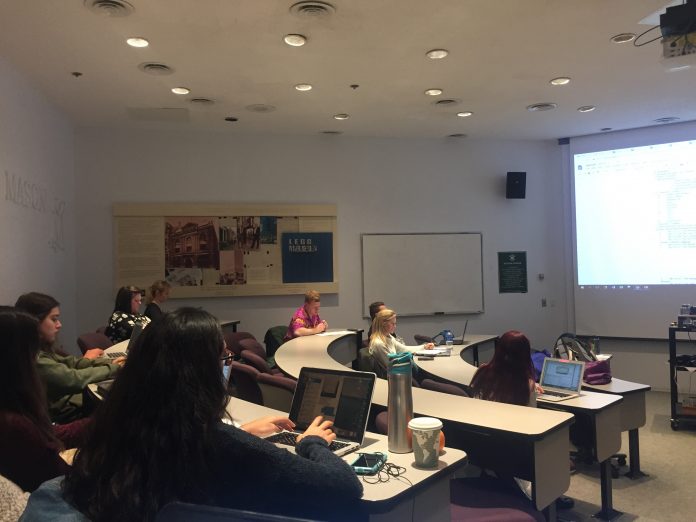Recently, I resigned from my position as a class of 2020 senator in the College of William and Mary’s Student Assembly. With a genuine heart for public service, this was a painful decision to make. I’m writing this because I believe, for the good of the student body, that we must examine the culture we have created for ourselves.
Many of the SA senators who I worked with found electoral success by promising to dramatically improve the resources available to those who have struggled with mental illness. Although their interest in such improvements may be guileless, their results have been little more than bromides for the ever-present ills that plague much of the student body. Despite the well-meaning, yet futile, efforts of both SA and the College’s administration, students still struggle to find the community and the belonging which they rightly anticipated and desired when they decided to attend the College. As I reflect on the work of SA and of the College’s administration, I’m reminded of Don Quixote, wishing to joust with giants to “remove a foul brood” from the earth — while only tilting at windmills.
We often turn our blame for the student body’s endemic struggles with mental illness towards insufficient campus resources or demanding professors. The former is honestly inadequate, while the latter remains a consequence of our predilection for the education provided by a Public Ivy. But the broader solution-oriented dialogue is still missing a critical element in improving mental health on our campus: ourselves.
A large portion of our perceived worth is inherently derived from our interactions with others. My time in SA was marred by the sight of vindictiveness, dysfunction and the furtive denigration of our peers — and these factors fueled my decision to leave. Sadly, such behavior is not limited to the Senate.
An education at this school has become a comparative and competitive exercise. Not only do individuals measure themselves against others, which already cultivates an insalubrious climate, but folks try to actively demean each other — through maligned bavardage, social media musings and the seemingly benignant choice to dismiss the labor of our peers who make a sincere effort. There is a magnanimous strength found in the ability to treat one another with kindness, compassion and understanding. When we tear each other down, we erode the work we attempt to do to make our campus and our world a better place. We have the power to dramatically improve our collective mental health by working humbly and indefatigably to remind each other of our own individual value.
As Fred Rogers said, “some days, ‘doing the best we can’ may still fall short of what we wish we were able to do … but doing what we can with what we have is the most we should expect of ourselves or anyone else.” In the bivouac of college life, saying “you are enough” is a banal platitude. Helping others know they are enough is a true service.
Email Liam Watson

